Bill McKibben
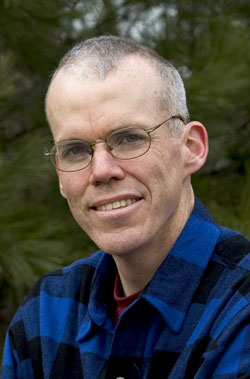

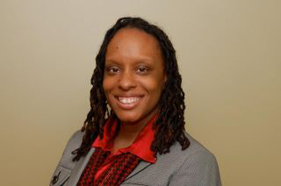
Councilwoman Scott began serving on Louisville Metro Council in October 2011 representing District 1. She is an Adjunct Instructor at Jefferson Community and Technical College and a consultant specializing in workplace diversity, facilitating difficult conversations and strategic planning. She was the Coordinator of Kentucky Jobs with Justice and an Adjunct Faculty member at Bellarmine University. Read more
Robin Morris founded the Mad River Food Hub , a shared use facility and food company incubator in Waitsfield VT. Prior to starting the food hub he was CFO at American Flatbread Company. Robin is also assisting Eric Deluca in developing the Food Hub Management Program.
Eric DeLuca is developing a higher ed certificate program focused on food hub management. He serves on the VT Working Lands Enterprise Board and previously managed the US program for the International Year of Cooperatives.
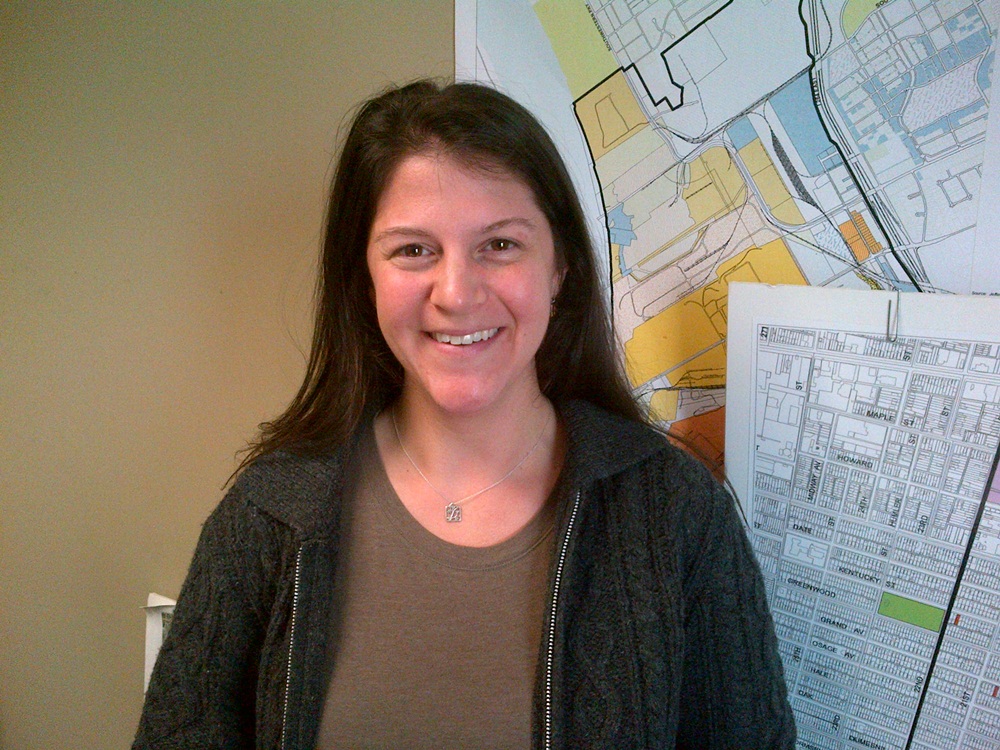
Theresa Zawacki has been with the Louisville Metro Department of Economic Growth and Innovation since September 2011. Ms. Zawacki is the city’s Food Policy Advisor, and coordinates Louisville’s Brownfields Program. Previously, Ms. Zawacki was an Assistant County Attorney with the Jefferson County Attorney’s Office where she represented the Louisville Metro Planning Commission, the Louisville Metro Board of Zoning Adjustment, the Louisville Metro Landmarks Commission, and the Louisville/Jefferson County Environmental Trust, as well as all Louisville Metro staff involved with land use, planning and zoning. She also advised and represented the Louisville Metro Council in planning and zoning matters. Ms. Zawacki began her legal career as an associate at the law firm of Greenebaum, Doll & McDonald (now Greenebaum Bingham Doll), where she practiced in both the land use and environmental practice groups.
Ms. Zawacki serves as the Chair of the Green Convene of Louisville and the Vice-Chair of the Environmental Law Section of the Louisville Bar Association. She is a frequent speaker and writer on issues involving local food and brownfields.
Ms. Zawacki received her BA from Transylvania University in 1998, and both her JD and Masters of Community Planning from the University of Cincinnati in 2003. She lives in Louisville and has both children and chickens.
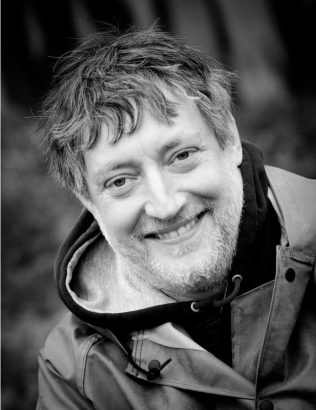
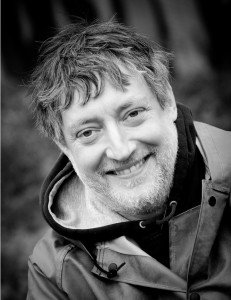 Ivor Chodkowski is one of the most respected frontrunners of the local food movement, beginning 17 years ago with his first tenant operation, Field Day Family Farm, Over the years, his efforts have spread to creating in educational havens, a local food distribution company, a restaurant, and advocating for community change.
Ivor Chodkowski is one of the most respected frontrunners of the local food movement, beginning 17 years ago with his first tenant operation, Field Day Family Farm, Over the years, his efforts have spread to creating in educational havens, a local food distribution company, a restaurant, and advocating for community change.
An urban farm practicing Community Supported Agriculture (CSA), Field Day Family Farm produces vegetables, hogs, chickens, and sometimes turkeys on 8 acres of land, has a CSA of 65 families, does farmers markets, and regularly employs more than half a dozen people on the farm.
For the last eight years, some of Ivor’s help have been farm apprentices seeking both hands on and more theoretical experiences (including regular workshops and field trips to other area farms) in agriculture. Graduates from the formal apprenticeship have gone on to start their own farming operations, one becoming an agricultural extension specialist in the Peace Corps in Bolivia, and many others now placed in additional jobs related to agriculture in the community.
Currently, Field Day Family Farm is host to the Food Literacy Project (a 501c3) where executive director, Carol Gunderson, a Field Day graduate, has been hard at work making the farm an educational opportunity for area children and youth. Ivor was a FLP founding board member in 2006. Many of Ivor’s customers have children whose first meaningful farm experience was at Ivor’s farm Jefferson County, Kentucky.
Over the years Ivor has been involved in many community efforts. In 2002, Ivor received a key to the City for his work in helping to start farmer’s markets in Louisville’s food deserts. In 2003, he visited the World Social Forum and the Rural World Assembly in Porto Allegre, Brazil, as a delegate from the United States. He served, in 2005, as the President of Community Farm Alliance, a true grassroots organization committed to helping farmers and other area citizens help themselves in areas of policy and economic development in Kentucky and southern Indiana. In 2006, Ivor was instrumental in helping to pass House Bill 120, testifying in both houses in the legislature in Frankfort. The bill allowed for the extension of permitting for prepared foods at farmers’ markets
In 2007, with funding from the USDA and later from Kentucky’s Agricultural Development Board, Ivor helped open Grasshoppers Distribution, Kentucky’s first and only all local food distribution company serving area farmers and the area community with a multi-farm CSA, and serving, as well, area stores, restaurants, and institutions. Grasshoppers is now widely viewed, in both rural and urban communities, as a critical piece of local food and farm infrastructure.
In the spring of 2011, along with three partners and many small investors from the local community, Ivor opened a local food restaurant Harvest in a revitalized area of Louisville called NuLu. With a pledge to source 80% of the food from local resources within a 100-mile radius of Louisville, Harvest operates on the cutting edge of creativity and sustainability. Since its opening, The award winning restaurant has gained national recognition, including being named a semifinalist for the prestigious James Beard Foundation’s “Best New Restaurant” Award in 2011.
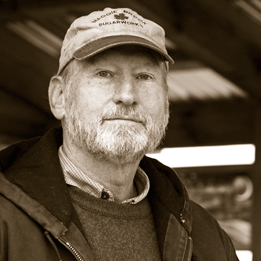

John Elder, a professor at Middlebury from 1973 to 2010, is a renowned scholar of American nature writing and pastoral literature, contemporary poetry, and environmental studies. Elder’s most recent books reflect both memoir as well the natural history of Vermont and include titles such as Reading the Mountains of Home, The Frog Run, and Pilgrimage to Vallombrosa.
Elder’s voice is particularly relevant to the FoodWorks interns as he has been a leader in experimental learning exploring space, place, and the human relationship to the natural environment, as well as being a proponent of exploring agriculture in the liberal arts curriculum. A recent course instructed by Elder titled “Fast Food/Slow Food” considered writing and films about food, exploring the rise of industrial food and fast-food franchises as well as the local food movement and the international Slow Food network.
A former student writes of the beloved professor:
“Perhaps the greatest lesson Elder has taught me is that the truest forms of wisdom, the kind of wisdom that radiates from him, is wisdom that asks questions, and challenges us to see further, beyond ourselves… John has taught us that the best classroom discussions are the ones where nobody has the answers, and instead, students and professors alike are inspired to build off each other’s ideas in an effort to see deeper into the questions of our hearts, minds and souls.”
For more information, check out a profile of Elder by the Seven Days, as well as his 2010 Margolin Environmental Affairs Lecture at Middlebury College.